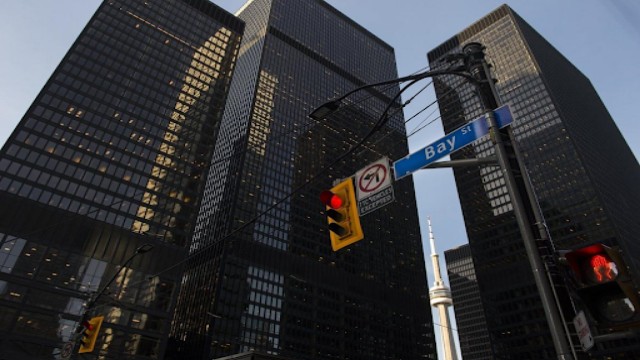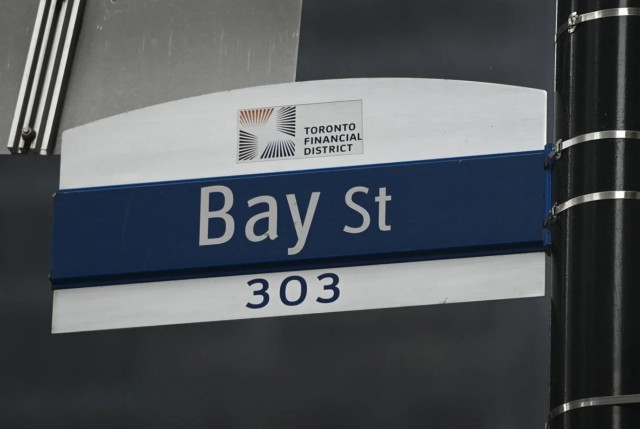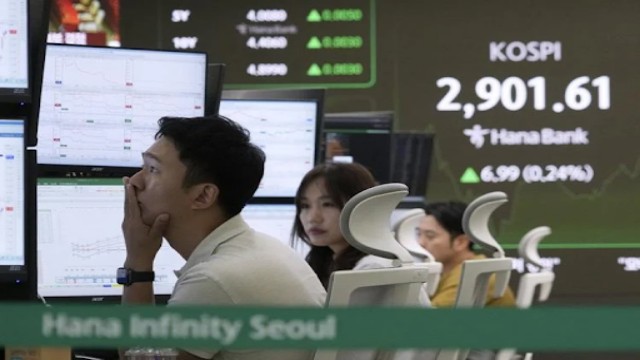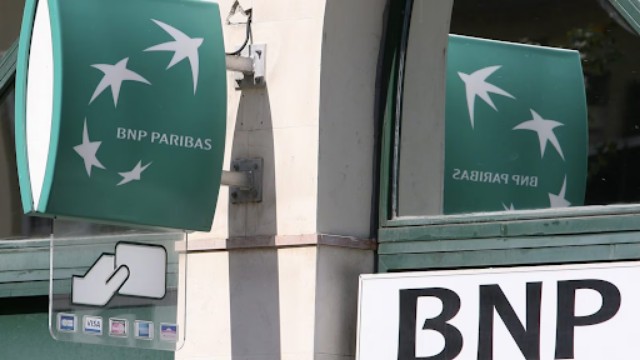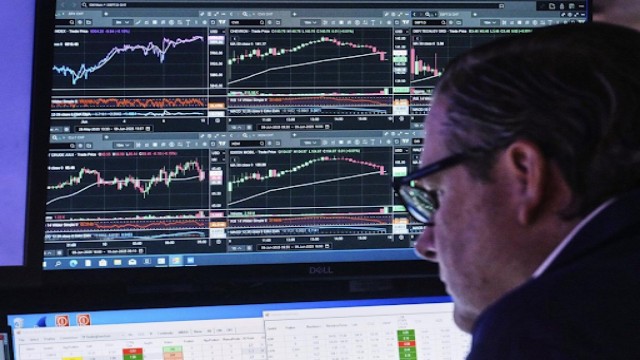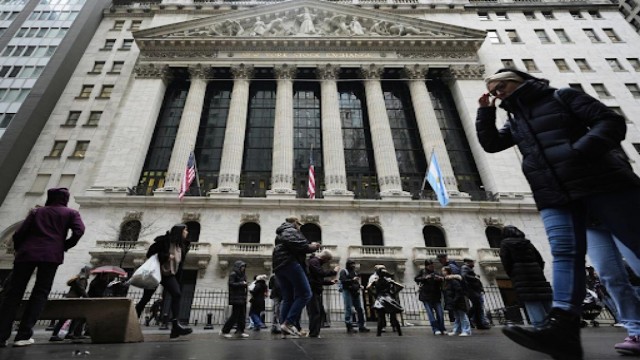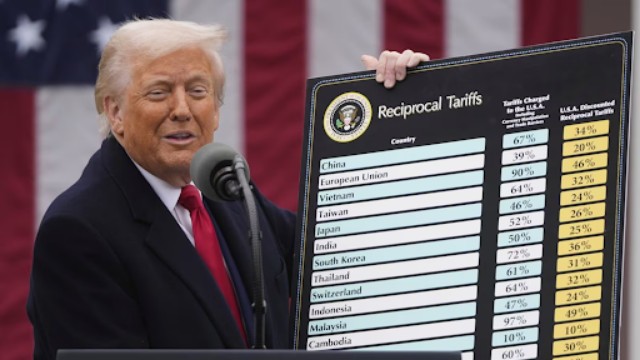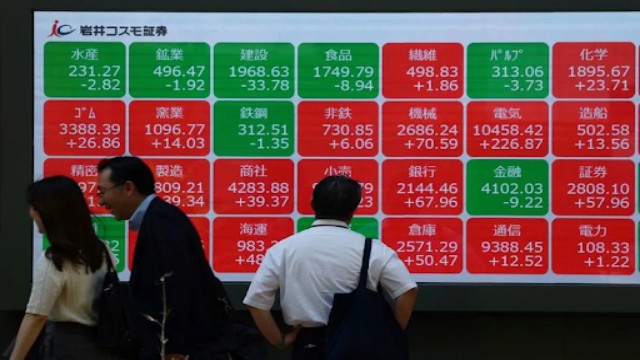
A trader focuses on his screens while working on the New York Stock Exchange floor, Tuesday, June 10, 2025. (AP Photo/Richard Drew)
Wall Street hit the brakes on Wednesday after three straight days of gains. The stock market, which had been inching closer to record highs, took a step back as major tech firms pulled it down.
The S&P 500 slid 0.3%, marking its first decline in four days. The Dow Jones barely budged, falling just one point. The Nasdaq, however, dropped more sharply by 0.5%. Much of this slip was caused by a slump in Big Tech, with Apple leading the decline. Its stock sank 1.9% following a lukewarm response to its latest software updates. Investors seemed underwhelmed, and the stock's performance weighed heavily on the market.
Meanwhile, the bond market offered more action. Treasury yields dipped after a report suggested that President Trump’s tariffs weren’t driving up inflation as sharply as feared—at least for now. Consumer prices in May were 2.4% higher than a year ago, slightly above April’s 2.3%, but still below Wall Street’s forecast of 2.5%.
Some had worried that the tariffs might spark a rapid rise in prices. Inflation had finally cooled after peaking above 9% three years ago, and any sudden increase could rattle markets. However, experts like Ellen Zentner from Morgan Stanley believe the real impact of tariffs may still take time to fully emerge.
Trade negotiations between the U.S. and China also drew attention, though they didn’t shake the markets much. Talks concluded in London after two days with some progress. President Trump announced that China would supply rare-earth materials and magnets to the U.S., and in return, the U.S. would continue accepting Chinese students at its universities. Trump also hinted at bigger things ahead, claiming he and Chinese President Xi Jinping plan to expand trade opportunities for both countries.
Despite modest progress, investors are still hoping for a broader trade agreement. These hopes have fueled much of the S&P 500’s recent comeback—nearly erasing the steep 20% drop from earlier this year. Without a solid trade deal, there’s growing concern that tariffs could push the U.S. into a recession while also fueling inflation.
Elsewhere on Wall Street, Chewy’s stock plunged 11% after reporting earnings that didn’t live up to high expectations. The pet-supply company had seen its stock surge nearly 37% this year before this drop. Tesla, meanwhile, sawsawed before ending the day slightly higher. The electric carmaker is recovering from last week’s hit when CEO Elon Musk’s tensions with Trump stirred fears about the company’s future. Musk has since walked back some of his harsher comments.
At the closing bell, the S&P 500 stood at 6,022.24, the Dow Jones at 42,865.77, and the Nasdaq at 19,615.88.
In the bond market, the yield on the 10-year Treasury note dropped to 4.41% from 4.47% the day before. Shorter-term yields also fell, boosting hopes that the Federal Reserve might cut interest rates later this year.
A better-than-expected inflation report is fueling speculation that the Fed could reduce rates twice before year-end. Although the Fed has kept rates steady this year, analysts now believe it may act sooner than expected to support the economy.
Brian Jacobsen of Annex Wealth Management explained it best: “The Fed feared inflation would rise before growth slowed, but it’s looking like the opposite. They may need to shift gears.”
Globally, markets showed mixed results. European markets mostly slipped, while Asian markets fared better. South Korea’s Kospi led the pack with a strong 1.2% gain.


